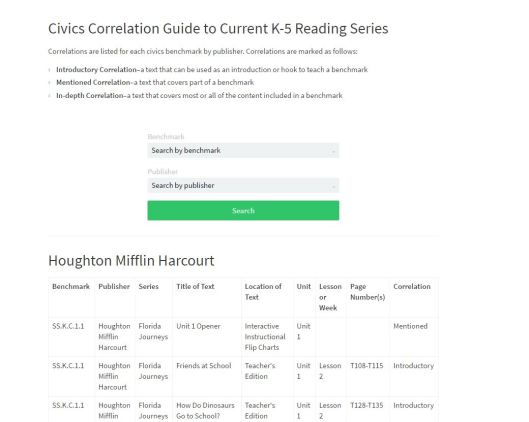As part of our commitment to cultivating the next generation of leaders in dialogue & deliberation, NCDD launched a partnership last year with one of our member organizations, the McCourtney Institute for Democracy, to help recruit for their Nevins Democracy Leaders Program. The program matches D&D-trained college students with D&D and transpartisan organizations that host them for fully funded summer fellowships which help them gain skills and experience needed to continue on in the field. It’s a great deal for the students and their host orgs. We wanted to share a check in about how it’s going for one of the eleven 2016 Nevins Fellows, Ethan Paul, during his fellowship with the Close-Up Foundation – an NCDD member organization.
If you’re part of an organization that would like to host a Nevins Fellow, then save the date for our Confab Call with the McCourtney Institute on Sept. 21st at 12pm Eastern where we’ll be talking about how to get involved in the next round of fellowships. Until then, check out Ethan’s piece below or find the original McCourtney blog post here.
Report from Nevins Fellow Ethan Paul
 This Friday marked the end of my third week spent as a Nevins Fellow in Washington DC interning with the Close-Up Foundation. Close-Up is a civic-education organization dedicated to cultivating civic skills, values and culture in the minds of America’s youth. These include: an understanding of and appreciation for democracy; an ability to develop and communicate one’s own political positions; and an awareness and sympathy for political and philosophical differences.
This Friday marked the end of my third week spent as a Nevins Fellow in Washington DC interning with the Close-Up Foundation. Close-Up is a civic-education organization dedicated to cultivating civic skills, values and culture in the minds of America’s youth. These include: an understanding of and appreciation for democracy; an ability to develop and communicate one’s own political positions; and an awareness and sympathy for political and philosophical differences.
For these first few weeks, I have been shadowing the program in real-time, quietly observing students from a diverse set of backgrounds and life experiences interact, debate, deliberate and discuss. I watched students consider the benefits and drawbacks of the differing visions of government championed by Thomas Jefferson, Franklin Roosevelt, and MLK Jr. I listened to a student-led debate over the future of American energy policy, the civic purpose of war memorials and the need for prison sentencing reform. I witnessed primarily Spanish-speaking students from Texas deliberate with Georgian students over immigration and the different role that drugs play in their respective countries.
While this work has technically been laborious, it has been a needed and rewarding respite from the disheartening nature of today’s political debate, in which grandstanding, posturing and partisanship is prioritized ahead of finding the common ground. In a world which consistently promotes cynicism and doubt, these kids and this program have given me hope in the human condition and the prospects for a healthy political dialogue.
I believe that if every child were to experience the essence of this program – that is, if they had to the chance to sit down across from someone with whom they disagree politically, whether that be for cultural, geographical, educational, or economic reasons, and actually put in the effort to understand the principles and experiences which make-up that person’s political perspective – we would have a thriving and elastic democracy, one that was able to respond quickly and effectively to political emergencies or controversial topics that today would put it under considerable stress, such as immigration reform or the unsustainable accumulation of federal debt.
If I took anything away from these first few weeks, it is that schools, at all levels, should place a greater emphasis on not only the nuts and bolts of politics, but deliberation and communication itself. It will not matter how able the rising generation is at math or science if we have no ability to cooperate effectively with each other and put aside our differences; it will not matter how many engineers we have trained if the political system has not created an environment in which engineers have available to them the resources needed to successfully utilize that training. For this to ever become a reality, however, both parents and school administrators will need to find the courage to allow open and honest dialogue about our country.
I have come to believe, from my experiences at Close-Up, that if skills promoting political and social efficacy are developed effectively through dialogue, any person, regardless of background, will have the ability to unlock the universal nascent potential lying dormant within themselves to make a positive and lasting difference on our society. When this is done, our differences will not be an impediment to progress, but rather a vehicle for reaching it; diversity will no longer be bemoaned as a source of division, but rather a source of unity and solidarity.
Close-Up has opened me to this truth, and I plan on carrying it, and acting upon it, into wherever the future takes me.
You can find the original version of this McCourtney Institute blog post at http://democracyinstitute.la.psu.edu/blog/report-from-nevins-fellow-ethan-paul.







